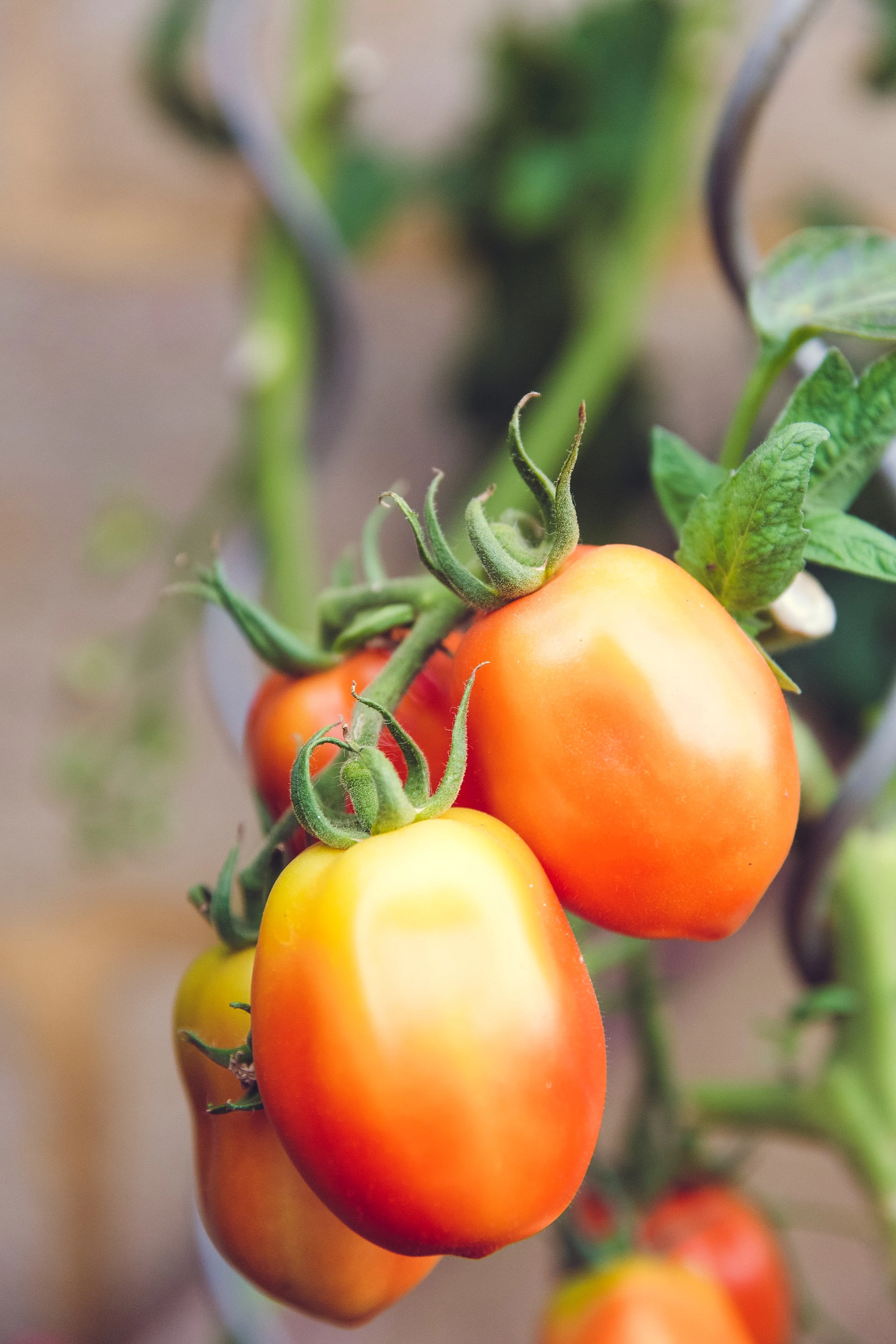As our society becomes more aware of the effects of climate change, many of us are taking steps towards more sustainable living. However, making your home more eco-friendly can feel like an overwhelming and expensive task. While some major retrofits may be costly, there are plenty of budget-friendly ways to create a more sustainable home.
Here are some tips to get you started:
Reduce your energy consumption
One of the easiest and most effective ways to make your home more sustainable is to reduce your energy consumption where you can. Simple changes such as turning off lights when you leave a room, switching to LED light bulbs, and unplugging electronics when not in use can reduce your energy bills. You can also invest in energy-efficient appliances, which may cost a bit more upfront but will save you money in the long run.
Insulate your home
Proper insulation can keep your house warmer in the winter and cooler in the summer, which means you'll use less energy to heat and cool your home. This can be achieved by sealing any gaps and cracks, adding insulation to your attic, and insulating your windows and doors.
You may also be eligible for grants to help with the cost of insulation in the UK.
Use sustainable materials
When it comes to decorating your home, consider using sustainable materials such as bamboo, reclaimed wood, or recycled glass. These materials are eco-friendly and can give your home a unique and stylish look. You can also upcycle old furniture to create something new and exciting, so why not check out your local charity shop? You may just find a real gem.
Grow your own
Planting a garden is a great way to make your home more sustainable. By growing your own fruits, vegetables, and herbs, you can reduce your carbon footprint by eliminating the need for transportation and packaging associated with store-bought produce. Additionally, growing your own food means you know exactly where it comes from and how it was grown, allowing you to make healthier choices for yourself and the environment.
Creating a compost pile is another eco-friendly activity that can complement your garden. By composting your food scraps and waste, you can create your own nutrient-rich fertiliser to help your garden thrive. Composting also reduces the amount of waste you send to the landfill, which can help reduce greenhouse gas emissions. If you don’t have space for a garden, why not try finding a local community garden near you?
Reduce your water consumption
Water conservation is crucial for sustainable living, and simple change can make a big difference. You could, for example, take shorter showers and fewer long baths, fix any leaks, or install low-flow showerheads and faucets. You could also consider investing in a rain barrel to collect rainwater and use it for watering your plants and garden.

Sustainable living on a budget - easier than you think
To make your home more sustainable in small ways, you can make simple changes like using natural cleaning products such as vinegar, baking soda, and lemon juice instead of harsh chemicals. You can also choose reusable options like cloth towels and shopping bags to reduce waste. Additionally, air drying your laundry instead of using a dryer can save energy and reduce your electricity bill.
There are plenty of small actions you can take that may not feel like a lot, yet amount to something great when we all practise them together. Small changes can add up to make a big difference in reducing your carbon footprint and promoting a more sustainable lifestyle.
Start today and do your part for a better tomorrow/
Important information
Your home may be repossessed if you do not keep up repayments on your mortgage.
There may be a fee for mortgage advice. The actual amount you pay will depend on your circumstances. The fee is up to 1% but a typical fee is 0.3% of the amount borrowed.




